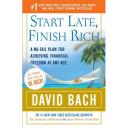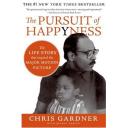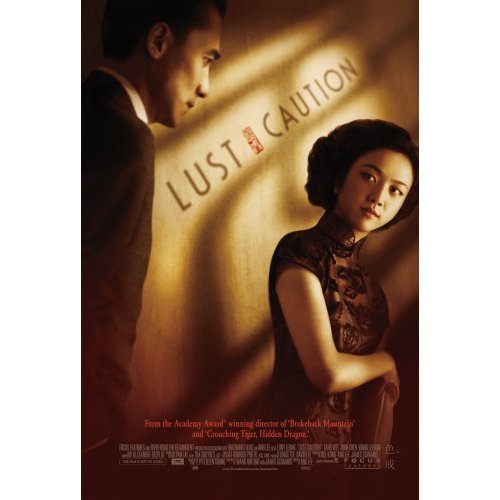As in the “Automatic Millionaire” book, this book started out working on the Latte factor and Double Latte factor. I guess he’s not getting the spokesperson job from Starbucks. It’s true that there are many frivolous spendings people do just to “spoil” oneself. For me, it’s the “joy” of being alive. Well, I don’t do latte and I only drink coffee of the day so my savings is not that much. I did manage to cut out my “fruit” salad from my lunch, saving me ~$4/day. Instead, I brought my own fruits, which costs < $1. That's roughly $3/day or $750/yr or $43K in 20 years, assuming 10% APR. Not bad.
The next few chapters are for the credit card slaves who are up to their necks on credit card debts. This section is not particular interesting to me. There is some tips about paying mortgage biweekly or paying 10% extra per mortgage payment or add an extra payment every year.
Budgeting doesn’t work. Make it automatic and pay yourself first: I long ago realized the budgeting is simply waste of time and try to do things manually simply don’t work well. These days, there are many on-line tools to automate the payments. It’s a waste of time not to take advantage of it.
Investment strategy: Bach suggests that all investment should be in 3 equal shares in real estates (including the equity of your home), bonds, and stocks. Try to balance the investment in all 3 areas. Investment should be “boring” and your life should be exciting, according to Bach.
Getting extra income: I waited a while to see how much the author is going to get everyone to save and not offer ideas to increase the income. I was not disappointed. His advise about getting a raise was enlightening. As a manager, I have never seen any employee coming to me asking for a raise, nor have I done it myself. But the question he asks, “Ask yourself or your boss if he/she would hire you now.” Wow, that’s a difficult question to ask oneself. It’s true that an excellent employee worths many times the “good” employees. And indeed, good employees are the worst kind because they are not bad enough to fire and not excellent enough to take on additional responsibilities. He also suggested using eBay to sell your goods.
Franchising: May be good for people who can manage and follow the rules. He suggested several good tips like: have some money to tie over, talk to people who already own the franchise, work at the franchise to see behind the counter, buy an existing franchise by asking the existing franchisee if they want to sell, and catch the growth curve.
The most expensive time is the hours you get paid for. This is another shocking statement for people who are making ends meet. In other words, if you’re getting paid by the hours, you’re not maximizing your worth. You should be leveraging your assets and talents to multiply your earnings.
Owning your home. Your home is an asset. Contrary to what Rich Dad said, your home is your asset. David Bach did not go into some long winged arguments but make it clear that for most people it’s the best investment you’ll ever make and the equity you build up is going to feed you in your old age. I agree with him. Not everyone is cut out to be a landlord and wanted to deal with finicky tenants.
Be a dream creator. Giving back by tithing.David Bach made it clear that getting rich is not the ultimate goal but the wealth created choices and freedom and ability to give back. Go and enable others’ dreams. Good point.
Teach your kids to start early and finish rich.Start them early and teach them about the basic financial wisdom from this book so they can start early and finish richer (than we).
Live in the joy. “When was the last time you had joy?” Be happy and do the things that make you happy. Having the financial freedom can make that happen.
I like this book more than the previous books. David Bach has reached certain level of maturity and acquired more wisdom. Of course, he would not consider buying his books or joining his membership a double-latte factor. Would he?







